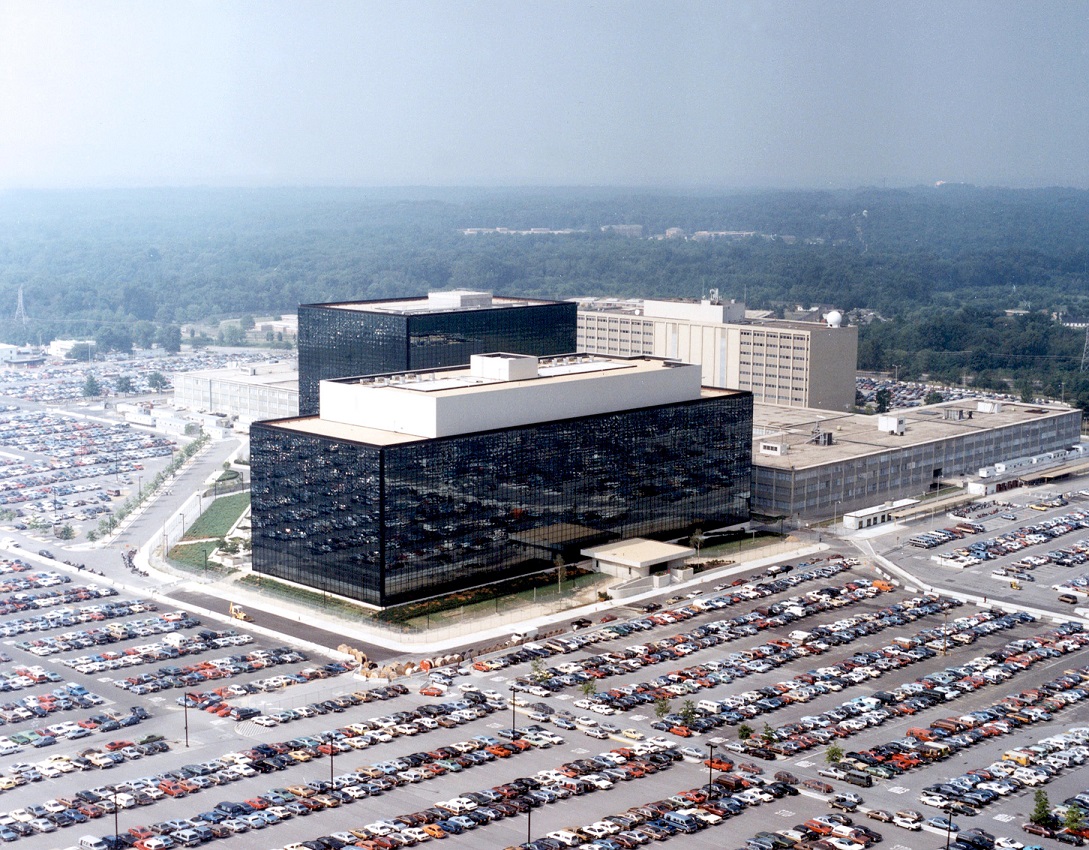An Alternative Conclusion: A Response to Lawfare’s Google Survey Results on the Surveillance State
Apathetic. That’s how Americans feel about the surveillance state, according to analysis published in Lawfare recently. The analysis, set against the backdrop of impending reauthorization of Section 702 of the Foreign Intelligence Surveillance Act, reviews the results of Lawfare’s recently conducted Google survey.

Published by The Lawfare Institute
in Cooperation With

Apathetic. That’s how Americans feel about the surveillance state, according to analysis published in Lawfare recently. The analysis, set against the backdrop of impending reauthorization of Section 702 of the Foreign Intelligence Surveillance Act, reviews the results of Lawfare’s recently conducted Google survey. There are some surprising and questionable conclusions that stand in stark contrast to a large body of recent and historical public opinion polling on these issues.
The survey authors found that only 36.6 percent of the one-third of respondents who had an opinion on the subject indicated they were concerned about National Security Agency (NSA) surveillance authorities, 38.5 percent indicated they were concerned about FBI surveillance authorities, and only 38.4 percent of all respondents said they believed privacy was insufficiently protected. They also found that only 31.5 percent of respondents answered that they believed “the intelligence agencies have too much authority.” Based on these kinds of responses, the authors concluded that “the public ... is relatively comfortable with the authorities the intelligence agencies wield; it is reasonably comfortable with privacy protections in the context of intelligence and law enforcement.” However, most recent polling, detailed below, shows just the opposite: Americans are either concerned about their privacy or are unsure of the scope and nature of surveillance, like that conducted under Section 702, and its effect on privacy. Additionally, there are other reasonable interpretations of Lawfare’s data and factors that may have influenced the survey respondents’ answers.
While there are fluctuations in polling responses on any issue, in the “post-Snowden” years since June 2013, Americans have increasingly expressed concern about their privacy and have favored reforming government surveillance authorities to limit access to Americans’ communications. Most recently, a Civis Analytics and Freedman Consulting poll of 2,475 online respondents and 256 phone respondents from June 2017 found that Americans were overwhelmingly concerned about their privacy, and were unwilling to sacrifice it for national security. Even among respondents who viewed the NSA somewhat or very favorably, over 70 percent agreed with the statement that “existing laws are not sufficient to ensure national intelligence agencies like the National Security Agency (NSA) respect Americans’ privacy.”
A March 2017 Reuters/IPSOS poll of 3,307 people generated similar results. In that poll, “75 percent of adults said they would not let investigators tap into their Internet activity to help the U.S. combat domestic terrorism.” That number reflects an 8 percentage point increase as compared to the responses to that question in a poll conducted just after the Snowden leaks began. While only 37 percent of poll respondents said that intelligence agencies are collecting too much information, 24 percent indicated that they did not know. These results may indicate that a significant portion of those persons polled did not understand the scope of collection of Americans’ communications that occurs incident to Section 702 surveillance.
These poll results more or less track the responses to polls conducted in previous years. In a April 2015 Global Strategy Group poll commissioned by the ACLU that surveyed 1001 likely voters in the United States, 61 percent of respondents answered that they were either very or extremely concerned that “the government uses information collected without a warrant for things other than stopping terrorist attacks.” Another 22 percent answered that they were somewhat concerned about this warrantless use of Americans’ communications. These attitudes are directly relevant to one of the most contentious issues surrounding reauthorization of Section 702: closing what privacy advocates and several members of Congress refer to as the “backdoor search loophole.” Specifically, the government claims the authority to warrantlessly search for and use Americans’ communications that were incidentally collected under Section 702 in furtherance of investigations that are wholly unrelated to national security.
These responses show that the increase in public concern about the privacy risks from government surveillance that occurred in response to the Snowden revelations has, for the most part, held steady. Just after the leaks began in June 2013, 45 percent of respondents to a Quinnipiac poll “said they thought the government’s antiterrorism policies have ‘gone too far in restricting the average person’s civil liberties.’” In January 2010, only 25 percent of respondents to a similar Quinnipiac poll said the same.
It is true that there are polls that deviate from this trend, but they have generally been the polls taken in the aftermath of national tragedies or terrorist attacks that yield sharp but ultimately short-term shifts in public opinion. For example, an Associated Press-NORC poll that was conducted a week after the San Bernardino shooting found that 54 percent of respondents said “it's sometimes necessary for the government to sacrifice freedoms to fight terrorism” and 56 percent said they supported warrantless surveillance, including of Americans’ communications. Consider the Pew Research Center’s research in September 2016 showing that “Americans today – after a series of terrorist events at home and abroad – are more concerned that anti-terrorist programs don’t go far enough than they are about restrictions on civil liberties.” A Pew survey conducted in August through September of 2016 also showed that Americans “held that view by a 49 percent to 33 percent margin.”
Nonetheless, the baseline of general concern for privacy that emerged post-Snowden has held. As discussed above, other polls since then and through this summer have continued to make clear that Americans do value their privacy and are concerned about the scale and scope of government surveillance, such as that conducted under Section 702. Indeed, what the authors interpret as their respondents’ apathy about surveillance and their privacy might simply be confusion about the questions asked of them. This could account for why Lawfare’s results are less clear-cut than those from the recent polls described above.
Notably, respondents’ “neutral” answers to Lawfare’s survey are substantially more frequent than in other similarly sized polls. For example, 45.5 percent of respondents gave a “neutral” answer to the question: “Does American Law protect privacy in the context of intelligence and law enforcement operations not strongly enough, appropriately, or too strongly.” When asked how concerned respondents were about the NSA and FBI’s respective “collection authorities,” just shy of 29 percent rated their concern as a 3 on a scale of 1 to 5, which either indicates that they didn’t know or had no opinion. Even more telling, in response to Lawfare’s question on whether respondents “favor Congress’s letting certain surveillance authorities used by the FBI and NSA to spy on overseas targets without a warrant continue,” 67.2 percent of respondents said they either didn’t know or had no opinion.
Privacy, intelligence operations, law enforcement operations, and collection authorities can be very abstract and complex concepts for individuals to grapple with. The questions in the Lawfare survey used more legalistic and technical language than most similar surveys in this area. The Civis Analytics and Global Strategy Group polls used more simple language to describe the nature of privacy intrusions and received far fewer neutral or “don’t know” responses. Thus, the large number of neutral responses in Lawfare’s survey may include a significant number of respondents who are actually concerned about privacy, as was reflected in the other recent polls discussed above.
Surveillance reform may not be the subject of many kitchen table conversations, particularly in a year in which health care, tax reform, and the various investigations related to Russia’s interference in our elections have dominated headlines. It is also likely that the public is not familiar with the details of the congressional debate over reauthorization of Section 702. However, we should be cautious before concluding there is a “general public disengagement with the 702 issue” and concluding that “the public is not that fussed” when it comes to government surveillance. There’s a clear trend that demonstrates otherwise. Recent and historical polls show that when Americans are asked to cede their privacy to a surveillance state, they are indeed fussed.





